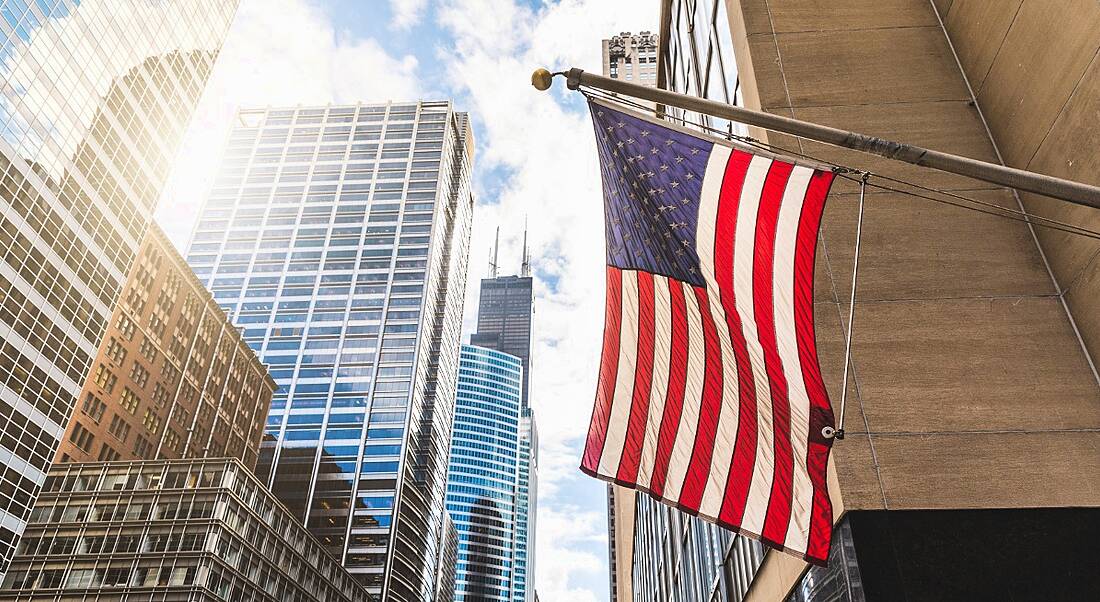US president Donald Trump’s crackdowns against the H-1B visa has led to thousands of tech workers having applications and renewals rejected by USCIS.
One of US president Donald Trump’s campaign promises has been to take aim at the controversial H-1B visa programme, a specialist visa designed to help companies fill job listings for which they are struggling to find a suitable American candidate. In practice, the visa is overwhelmingly awarded to STEM workers, particularly those working in the areas of engineering and computer science.
The programme’s detractors claim that it is being exploited to bring in cheap labour from Asian countries and undermine the US economy. In response to this, Trump signed an executive order in 2017 entitled ‘Buy American, Hire American’ which codified stricter laws surrounding entry to the US for employment.
Like it or lump it, the order has been extremely effective in the subsequent years – so much so that the rate of visa rejection has more than doubled, according to the latest research released by the National Foundation for American Policy.
In 2017, when the order was first signed, the denial rate for H-1B petitions for new applicants was 13pc. In the fiscal year of 2019, it has shot up to 32pc.
Meanwhile, the rate of rejections of petitions for continuing employment – in other words, extensions of current visas – rose from 3pc in 2015 to 18pc in 2019.
The paper goes on to point out that, according to the National Science Foundation, as little as 20pc of full-time graduates in computer science and electrical engineering are US students.
“I think the most striking thing is the change in denial rates has happened without any new law or regulation that many people feel would be necessary to have allowed an agency to deny so many applications in a legal manner,” Stuart Anderson, executive director of the National Foundation for American Policy and a former staffer on the US Senate’s immigration subcommittee, told Wired.
These changes have begotten a shift in which companies receive the most visas. Previously, the lion’s share had been bestowed on India-based IT outsourcing companies such as Tata Consultancy and Infosys, both of which have been dogged with controversy over allegations they gamed the visa lottery systems with multiple petitions and undercompensated their workers. Much of this aforementioned behaviour has stoked the vociferous opposition to the scheme from some corners of the US political landscape.





